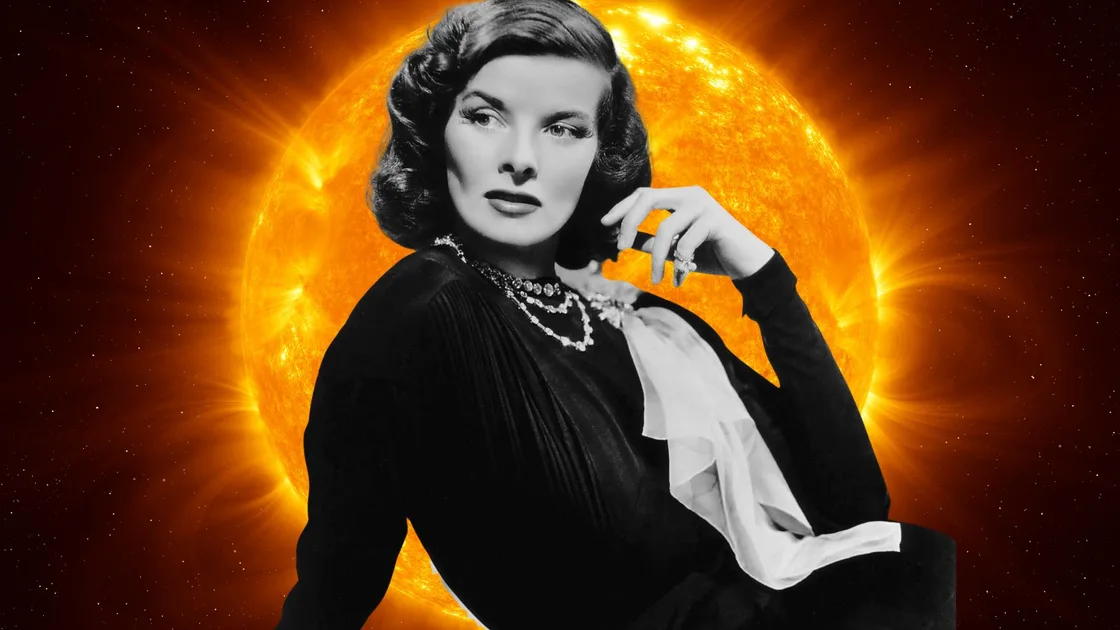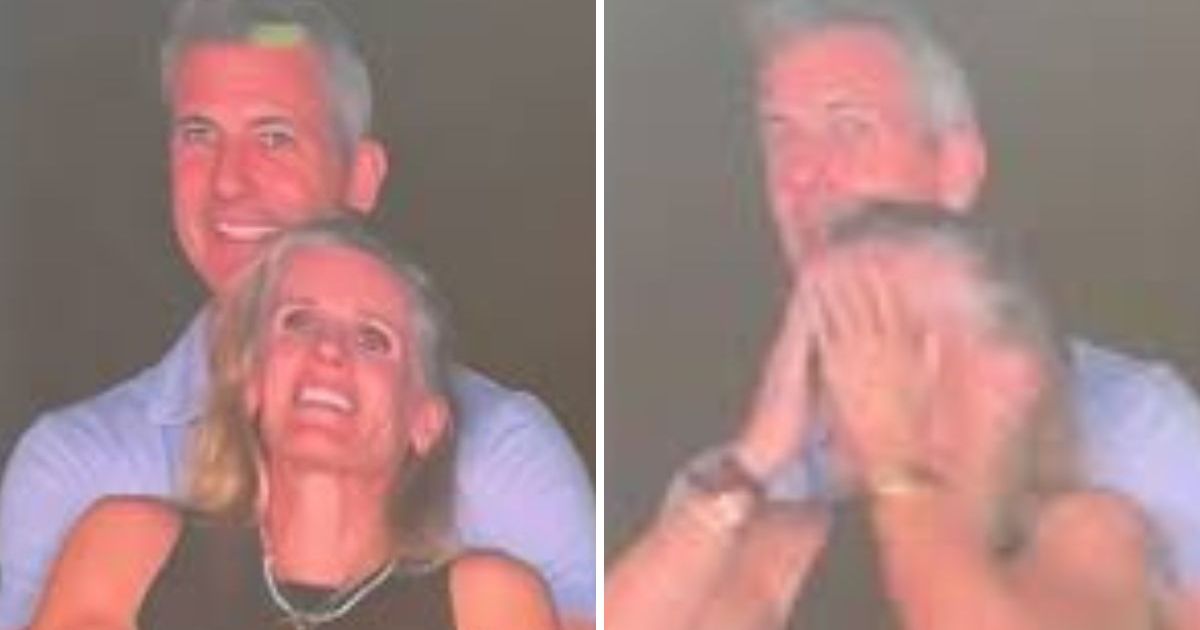Matthew Lawrence's Bold Idea: Using AI to Recreate Robin Williams' Voice & Legacy

In a truly remarkable and thought-provoking concept, actor Matthew Lawrence has expressed a desire to utilise artificial intelligence to resurrect the iconic voice of Robin Williams, over a decade after his tragic passing. Lawrence, who famously starred alongside Williams in the beloved film Mrs. Doubtfire, shared his vision with Entertainment Weekly during Comic-Con in San Diego on Friday, July 25th.
The idea, while potentially controversial, stems from a deep admiration and respect for Williams’ unparalleled talent and the enduring impact he had on audiences worldwide. Lawrence envisions leveraging AI technology to recreate Williams’ distinctive vocal patterns and delivery, not to replace him, but to potentially bring his voice and humour to new generations or even to complete unfinished projects.
“It’s wild to think about the possibilities,” Lawrence stated. “Robin had such a unique and instantly recognisable voice. Imagine being able to use AI to capture that essence and share it in a responsible and respectful way. It could be a way to keep his legacy alive and continue to bring joy to people.”
The discussion surrounding AI and deceased performers is a complex one, raising ethical considerations about consent, representation, and the potential for exploitation. However, Lawrence emphasizes that his proposal would be approached with the utmost sensitivity and with the full support of Williams' estate. He believes that the potential benefits – preserving a cultural icon's artistry and providing comfort to fans – outweigh the risks, provided the technology is handled with care and reverence.
The technological advancements in AI have made such a concept increasingly plausible. Voice cloning technology is rapidly improving, allowing for remarkably accurate recreations of voices based on existing audio recordings. While the legal and ethical frameworks surrounding this technology are still evolving, the possibility of digitally recreating a performer’s voice has become a tangible reality.
Lawrence’s suggestion sparks a larger conversation about the intersection of technology, grief, and legacy. It forces us to confront questions about how we remember and celebrate those we’ve lost, and whether AI can play a role in preserving their artistic contributions. While the path forward remains uncertain, Lawrence’s vision offers a compelling glimpse into the future of entertainment and the evolving relationship between humans and artificial intelligence.
The possibility of hearing Robin Williams’ voice again, albeit through AI, is undoubtedly a prospect that will resonate with millions of fans worldwide. It's a testament to the enduring power of his talent and the profound impact he had on popular culture. The debate surrounding this idea is sure to continue, but one thing is clear: Robin Williams’ legacy will live on, inspiring creativity and sparking conversations for generations to come.






